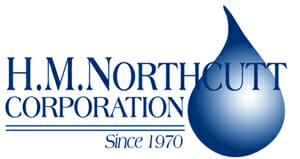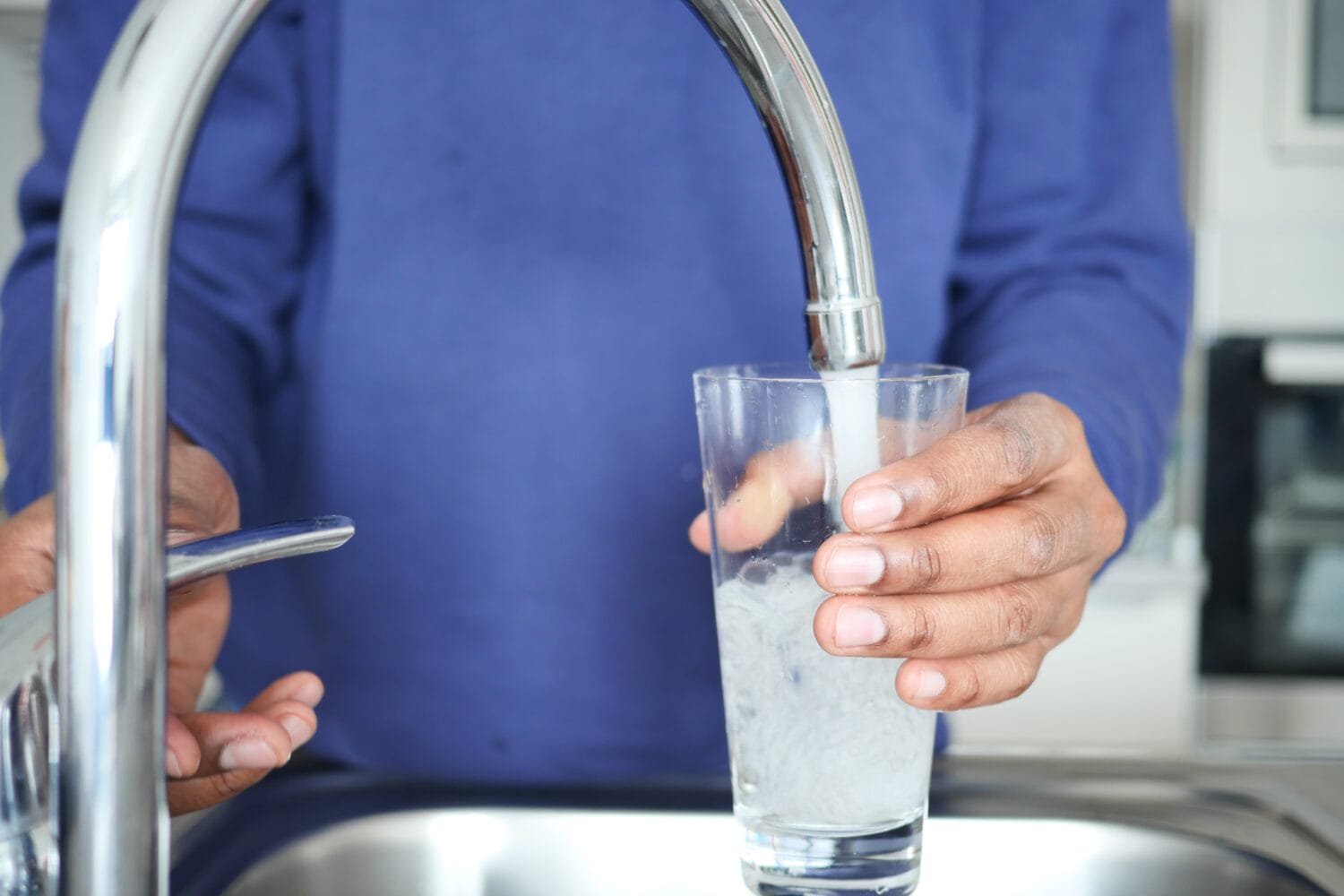| Key Takeaway: Hydrogen sulfide is a naturally occurring compound that causes the rotten egg smell in city water, often resulting from decaying organic matter or chemical reactions. While it affects water quality by impacting taste and odor, it does not pose direct health risks at low concentrations. Professional consultation is recommended to effectively address the issue and prevent potential damage to plumbing and appliances. |
Managing Hydrogen Sulfide in City Water: Causes, Effects, and Solutions
Encountering smelly tap water can be an unpleasant surprise for many homeowners. This issue often stems from hydrogen sulfide in city water, which is notorious for its distinctive “rotten egg” smell. The presence of hydrogen sulfide can disrupt daily life and make using tap water less enjoyable.
Hydrogen sulfide is a naturally occurring compound that can find its way into municipal water systems. It is important to understand the causes of this odor, as well as the potential risks it poses to your home. Fortunately, there are effective solutions available to address this issue, ensuring that your water remains fresh and pleasant.
This article will explore the causes of the rotten egg smell in water, the potential effects on your home’s plumbing and appliances, and the importance of seeking professional advice to find the best solution. Understanding these factors can help homeowners make informed decisions about their water quality. For more information on municipal water systems, you can learn more about how they operate.
Causes of Hydrogen Sulfide Odor
Hydrogen sulfide in water often results from decaying organic matter or chemical reactions within the water system. This compound can develop when bacteria break down organic materials in environments lacking oxygen. As a result, hydrogen sulfide can naturally occur in both groundwater and surface water sources.
Environmental factors such as soil composition and water temperature can influence the presence of hydrogen sulfide. Additionally, plumbing issues like corroded pipes or faulty water heaters may contribute to this unpleasant odor. Recognizing these causes is essential for addressing the problem effectively.
Understanding the various factors that lead to hydrogen sulfide in water helps homeowners take appropriate action. Expertise in diagnosing water treatment problems can be invaluable in pinpointing the source of the odor and determining the best course of action. Consulting with professionals who have a deep understanding of these issues can provide peace of mind and effective solutions.
Potential Effects on Water Systems
While hydrogen sulfide does not pose a direct health risk, it can significantly affect water quality. The most noticeable impact is on taste and odor, making tap water less appealing for drinking and cooking. Additionally, hydrogen sulfide can cause corrosion in pipes, leading to costly repairs and maintenance.
The presence of hydrogen sulfide can also impact household appliances that rely on water, such as dishwashers and washing machines. Over time, the corrosive nature of this compound can reduce the efficiency and lifespan of these appliances, resulting in increased energy costs and frequent replacements.
To mitigate potential damage caused by hydrogen sulfide, consulting with a professional is crucial. They can accurately diagnose the issue and recommend appropriate treatment options tailored to your specific needs. For expert guidance and solutions, reaching out to professionals ensures that you have all the information necessary to protect your home’s water systems effectively.
Understanding Hydrogen Sulfide in City WaterEncountering smelly tap water can be an unpleasant surprise. Hydrogen sulfide, known for its “rotten egg” smell, often causes this issue in city water systems. Here’s what you need to know:
|
Identifying Hydrogen Sulfide Levels Through Testing
Testing water for hydrogen sulfide is essential to confirm its presence and determine its concentration. The rotten egg smell in water might not always indicate harmful levels, but testing provides clarity. Simple home test kits can help detect hydrogen sulfide, but for more accurate results, professional testing is recommended.
Commercial-grade testing options offer precise measurements and can identify other potential contaminants that may affect water quality. These tests help in understanding the extent of the problem and guide the selection of appropriate treatment solutions. For those considering advanced testing methods, commercial-grade testing options can provide the detailed insights needed for effective water treatment.
Interpreting test results involves looking at the concentration levels of hydrogen sulfide. Low levels might only cause minor inconveniences, while higher concentrations could lead to more significant issues with plumbing and appliances. Understanding these results is crucial for deciding on the next steps in addressing smelly tap water effectively.
Advanced Filtration Methods for Removal
Advanced filtration technologies can drastically reduce or eliminate hydrogen sulfide from water supplies. Systems like activated carbon filters and oxidizing filters are popular choices. Activated carbon filters work by absorbing hydrogen sulfide, while oxidizing filters convert it into a non-odorous form.
Choosing the right system depends on the specific needs of a household. Correct selection and sizing are crucial to ensure effectiveness. Residential applications of these filtration systems can be explored further through resources that detail their installation and maintenance. For homeowners looking to implement these solutions, exploring residential filtration options can provide valuable guidance.
Both activated carbon and oxidizing filters have their advantages, but their effectiveness largely depends on the concentration of hydrogen sulfide and other factors like water flow rate. Consulting with a professional can help determine which system best suits your needs, ensuring that the rotten egg smell in water becomes a thing of the past.
Why Custom Solutions Are Essential
Custom solutions are essential in water treatment because each water profile is unique. A one-size-fits-all approach often falls short in addressing specific issues like hydrogen sulfide in city water. Tailored solutions take into account the unique characteristics of your water supply, ensuring more effective treatment.
Customized approaches allow for adjustments based on individual needs, such as varying levels of contaminants or specific household requirements. This flexibility makes them more efficient compared to generic solutions. Addressing unique municipal system challenges also requires a tailored approach, which can be explored further through resources on municipal water systems.
As you consider your options, common queries regarding customization often arise. Understanding these questions can help set expectations and guide you toward making informed decisions about your water treatment needs.
FAQs About Hydrogen Sulfide and Water Treatment
This section addresses some of the most pressing questions about hydrogen sulfide and water treatment. Many wonder about the health effects of hydrogen sulfide, which generally does not pose significant health risks at low concentrations but can be unpleasant due to its odor.
Some homeowners consider treating hydrogen sulfide themselves, but professional guidance ensures that you have all the information you need to make a decision that is right for your specific needs. Regular testing is recommended to monitor changes in water quality and ensure that treatment systems remain effective.
The cost range for treatment systems varies based on complexity and capacity, but investing in a reliable system can save money over time by preventing damage to plumbing and appliances. While there may not be a permanent fix for hydrogen sulfide, ongoing management through effective treatment solutions can significantly reduce its impact. For further inquiries or personalized advice, contacting a professional service can provide clarity and direction. Consider reaching out through professional consultation services for tailored advice.
FAQs About Hydrogen Sulfide and Water Treatment
What health effects does hydrogen sulfide have?
Can I treat hydrogen sulfide myself?
How often should I test my water?
What is the cost range for treatment systems?
Is there a permanent fix for hydrogen sulfide?
Embrace a Fresh Perspective on Water Quality
Addressing the “rotten egg” smell in tap water goes beyond mere convenience; it’s about enhancing your home’s overall comfort. Hydrogen sulfide, known for its distinctive odor, can affect not only the aroma of your water but also the integrity of your plumbing systems. By understanding the causes and potential impacts, you can take proactive steps to mitigate these issues. From testing to advanced filtration methods, every action taken contributes to a healthier, more enjoyable living space. Customized solutions ensure that your specific water concerns are addressed, providing peace of mind and a long-lasting solution.
Engaging with water treatment professionals offers a wealth of expertise and guidance. These experts can help you navigate the complexities of water treatment, ensuring you have all the necessary information to make informed decisions. Their insights are invaluable in crafting personalized strategies that cater to your unique water profile. Embrace the opportunity to improve your water quality, and consider the lasting benefits of professional consultations and tailored solutions.
Resolve Your Smelly Tap Water
Resolving the issue of smelly tap water is essential for maintaining a welcoming home environment. By addressing hydrogen sulfide concerns, you not only improve your water’s quality but also protect your plumbing and appliances from potential damage. Testing and expert consultations provide a path to personalized solutions, ensuring that your water treatment approach aligns perfectly with your needs. Reflect on the importance of water quality, not just for its immediate impacts but for the long-term comfort and well-being it brings to your household.
Take the first step toward a fresher, more enjoyable water experience. Schedule a free water evaluation today and explore the options available for your water systems. By partnering with professionals, you can confidently navigate the complexities of water treatment and enjoy the peace of mind that comes with a tailored solution. Embrace the opportunity to enhance your living space and ensure the highest quality water for your home.

